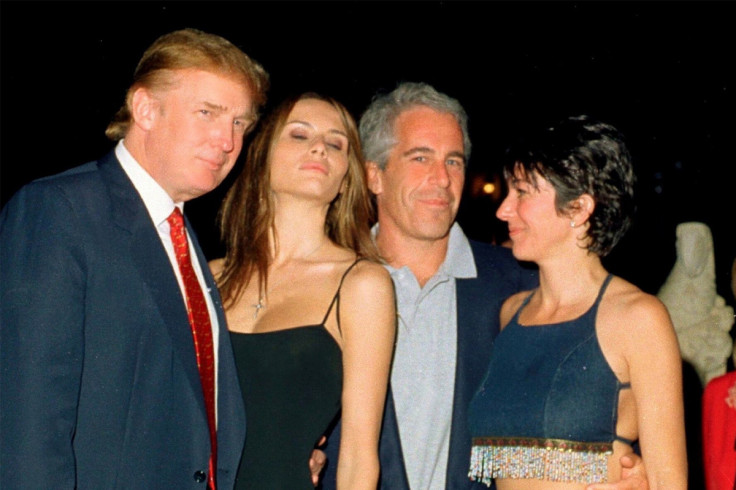
Chilling new emails allege Jeffrey Epstein warned associates that Donald Trump was the 'dog that hasn't barked', setting off fears of still more revelations.
A fresh tranche of correspondence, made public by House Democrats, includes messages in which Epstein tells Ghislaine Maxwell that an unnamed victim 'spent hours at my house with him' and calls Trump the 'dog that hasn't barked'.
The release comes as the House Committee on Oversight and Government Reform published some 20,000 pages of material from the Epstein estate, reigniting questions about what Epstein knew and who else might be implicated. The White House has rejected the material as politically motivated, and Trump has denied wrongdoing, but Democrats argue the documents demand further scrutiny.
What The Emails Say And Why They Matter
One of the most striking passages appears in a 2011 email from Epstein to Maxwell: 'I want you to realise that that dog that hasn't barked is trump.. (Victim) spent hours at my house with him ,, he has never once been mentioned.'
The committee redacted the victim's name in public releases. That single sentence, if authenticated, binds a long-running public narrative about Epstein's network to previously private allegations and forces renewed questions about who knew what and when.

Two other emails released by Democrats deepen the intrigue. One is a 2015 exchange between Epstein and author Michael Wolff in which they discuss how to handle a CNN interview about Trump and Epstein's relationship; Wolff wrote that letting Trump 'hang himself' could be beneficial, while Epstein mused about crafting an answer.
In a separate exchange, Epstein offered a journalist photographs he described as 'Donald and girls in bikinis in my kitchen'. These messages do not amount to legal proof of criminal conduct by third parties, but they do provide contemporaneous claims from Epstein and show how he circulated allegations and purported evidence among his circle.
Political Fallout And Calls For Transparency
Democrats on the Oversight Committee say these documents were only a small portion of the material subpoenaed from the Epstein estate and contend that Republicans have impeded full public disclosure. Oversight Democrats have urged the Justice Department to release all unclassified files and have signalled plans to force further votes to make the broader cache public.
Republicans on the committee counter that the documents have been politicised and stress the committee has already made substantial productions. The partisan clash now centres on whether additional releases will yield corroboration of the most explosive lines or only more salacious but uncorroborated claims.
Survivor advocates have urged care, both to protect victims' privacy and to pursue facts. Legal experts caution that contemporaneous allegations in third-party emails are not evidence that can substitute for testimony or corroboration.
Nonetheless, the rawness of the documents has immediate political resonance, because they intersect with an administration that has repeatedly faced questions about past social and business relationships.
Primary Documents And Interviews
Crucially, the Oversight Committee has published the underlying materials online, allowing journalists and researchers to read the records themselves rather than rely solely on media summaries.
The committee's release points to a Google Drive folder and backups containing the productions from the Epstein estate, which include the emails cited by Democrats. That availability has already provoked fresh reporting and analysis and enabled journalists to identify the authors and dates of each exchange.
Among those whose names appear in the correspondence is Michael Wolff, who has discussed the exchanges in broadcast interviews. Video segments in which Wolff discusses his communications with Epstein are publicly available and have been used by news outlets to contextualise the messages.
The immediate question is whether investigators or prosecutors will find corroborating evidence within the wider 20,000-page production or in other repositories the committee has subpoenaed. Oversight Democrats have signalled intent to press for more disclosure; Republicans have warned against politicisation.
Legal thresholds for criminal inquiry remain high, but the public and political pressure for transparency appears set to intensify. For victims and the public alike, the release revives painful memories and raises the prospect of further revelations from a dossier that has already altered reputations and prompted litigation and political consequences.
The emails do not by themselves prove third-party criminality, but they shift the terrain of public scrutiny and ensure the Epstein files will remain a volatile subject of political and legal contestation.







